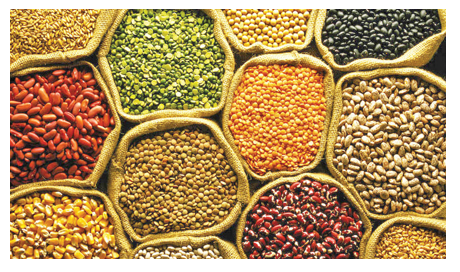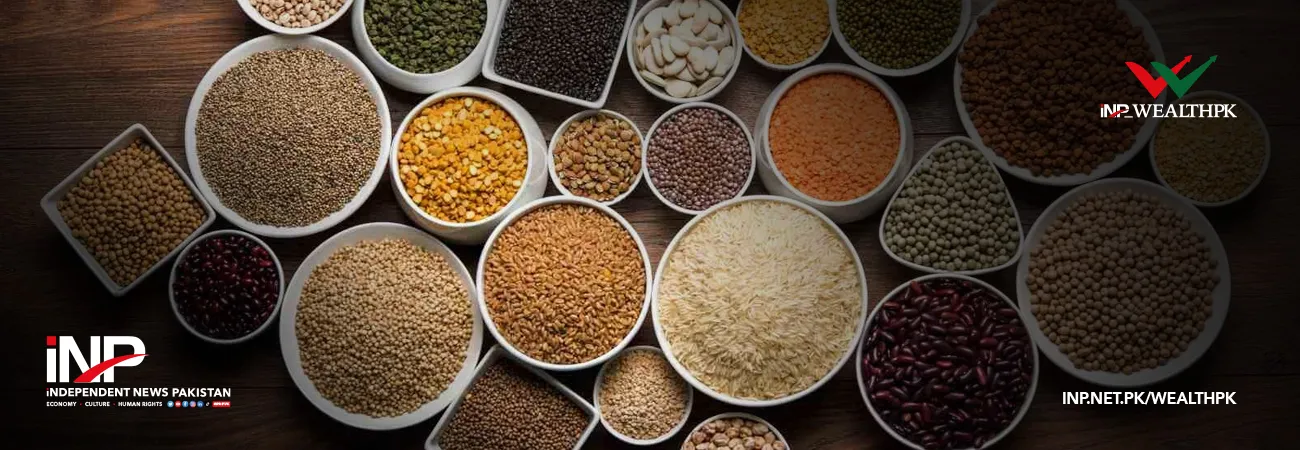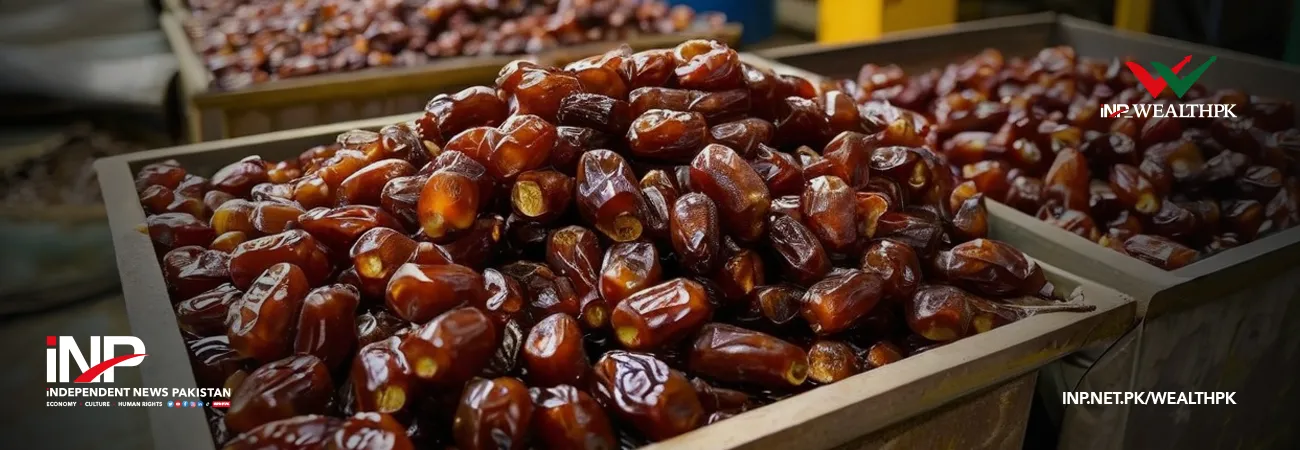INP-WealthPk
Ahmed Khan Malik
The mills in Hyderabad, Sindh have voiced concern over the government’s plan to slap a withholding tax on the pulses, which will not only add to the financial burden of the consumers, but also hurt the business, reports WealthPK.

Hyderabad city is home to the pulses mills, which employ a large population of the city and surrounding areas. The mills recently observed a three-day strike against the government’s decision; however, the issue remains unresolved. “The market remained shuttered in protest against the government’s move to impose the withholding tax, which was to be recovered by the millers from the wholesalers and retailers,” Salahuddin Querashi, President of Hyderabad Daal Mills Owners Association, told WealthPK. He said withholding tax had never been imposed on pulses by any government during the 75-year history of the country, considering the fact that pulses was the poor man’s staple food. The millers are required to work as withholding tax collectors because they are supposed to recover it in advance from the wholesalers and retailers and deposit it with the Federal Board of Revenue (FBR). Though tax on pulses has not been imposed, the government has conveyed to the sector that it will take effect. He feared that slapping tax will increase the cost of food, compounding the problems of the people who were already paying the inflated power bills.
This cost, he said, was always recovered from the consumers by the producers and retailers. A total of 0.1 percent tax is to be recovered by the importers from a wholesaler if the latter is a filer, while it is 2.5 percent if the wholesaler is a non-filer. He said the importer had to recover 2 percent withholding tax from the producer if he was a non-filer, while the retailer would pay 0.5 percent to the producer if he was a filer and 2.5 percent if he was a non-filer. If the tax was imposed, the price of pulses would increase by Rs20 to Rs30 a kilo simply, he said. Tando Mohammad Khan sub-division of Hyderabad district, Badin and Thatta districts are suitable for sugarcane and rice crops. In addition to these crops, sunflower, rape seed, mustard, Mash and Masoor pulses are also suitably grown in Thatta and Badin districts. Owing to their close proximity to the growing areas, the largest number of mills are located in Hyderabad region. The production from these mills hardly meets the demand due to which the country has to import a huge quantity of pulses annually to cater to the local population.
Credit: INP-WealthPk













